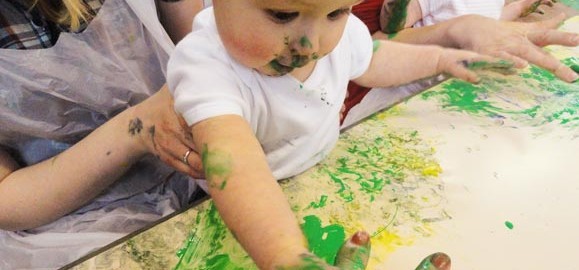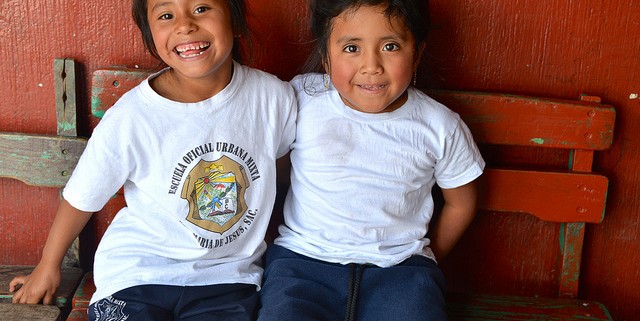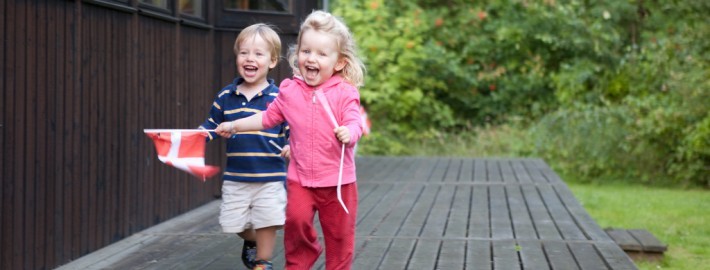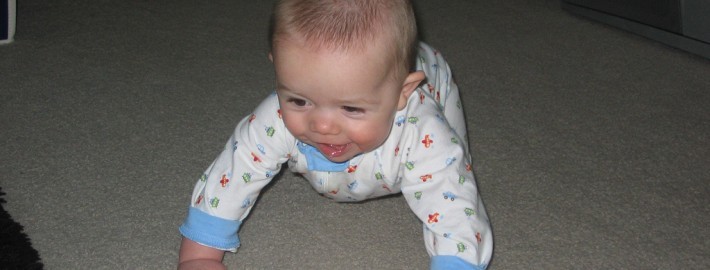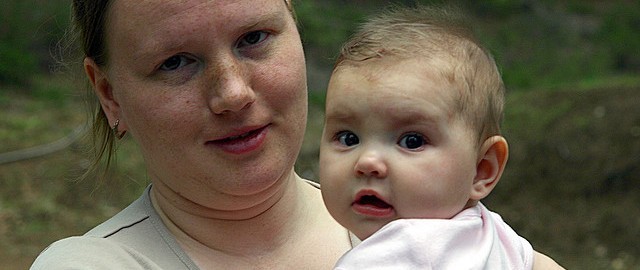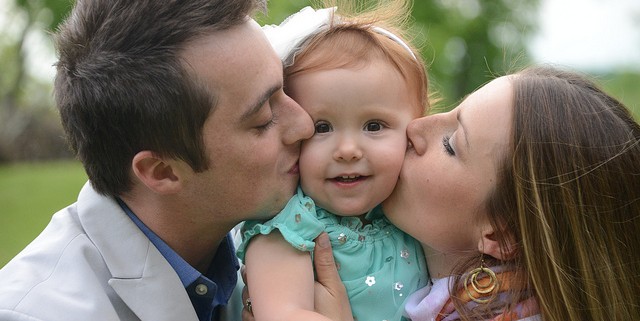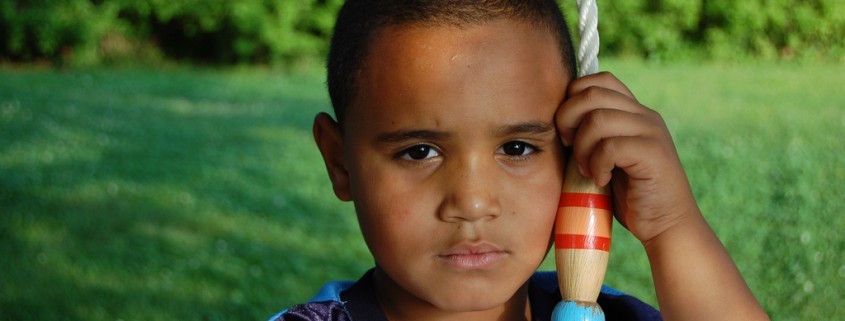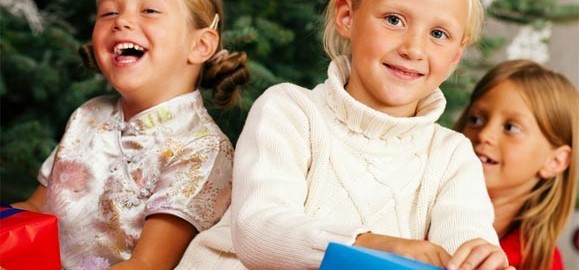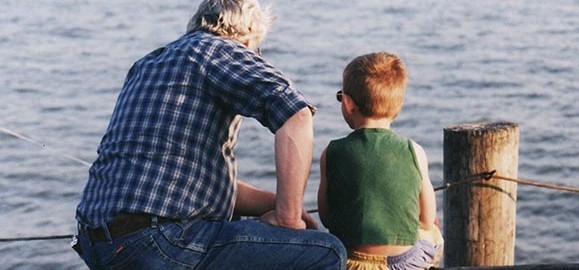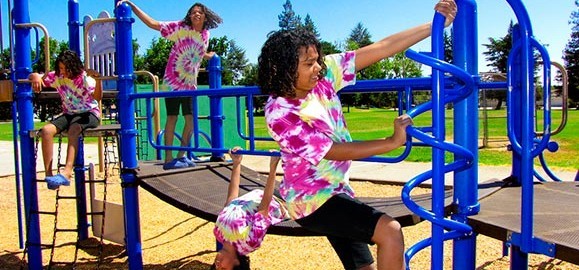8 Ways to Enjoy Messy Play at Home
How many of you breath a sigh of relief, when the Playgroup or Kindergarten your child attends does Messy Play – I mean it gets you off the hook right? No paint at home, no playdough on the carpet, no glue stuck to the table – phew!
Have you ever asked yourself, why the Playgroup teacher/ co-ordinator seems to be so keen on providing messy play for the children?
Educators know that children learn through all their senses, of touch, taste, smell, sound, and sight. We aim to provide activities which stimulate the senses – know as Sensory Play. Messy play is one type of sensory play.
It is particularly important for young children’s development, as it allows them to explore a variety of mediums; to develop their tactile skills; and in some cases also their fine motor muscles. It also allows an opportunity for language development (words such as rough, smooth, crunchy, cold, slimy etc) and for the child to expand their thinking skills.
Sensory activities facilitate exploration, and encourage children to learn while they play, create, investigate and explore the materials provided.
Here are some easy Messy Play activities to do at home to assist your child to grow and learn even more: Read more
